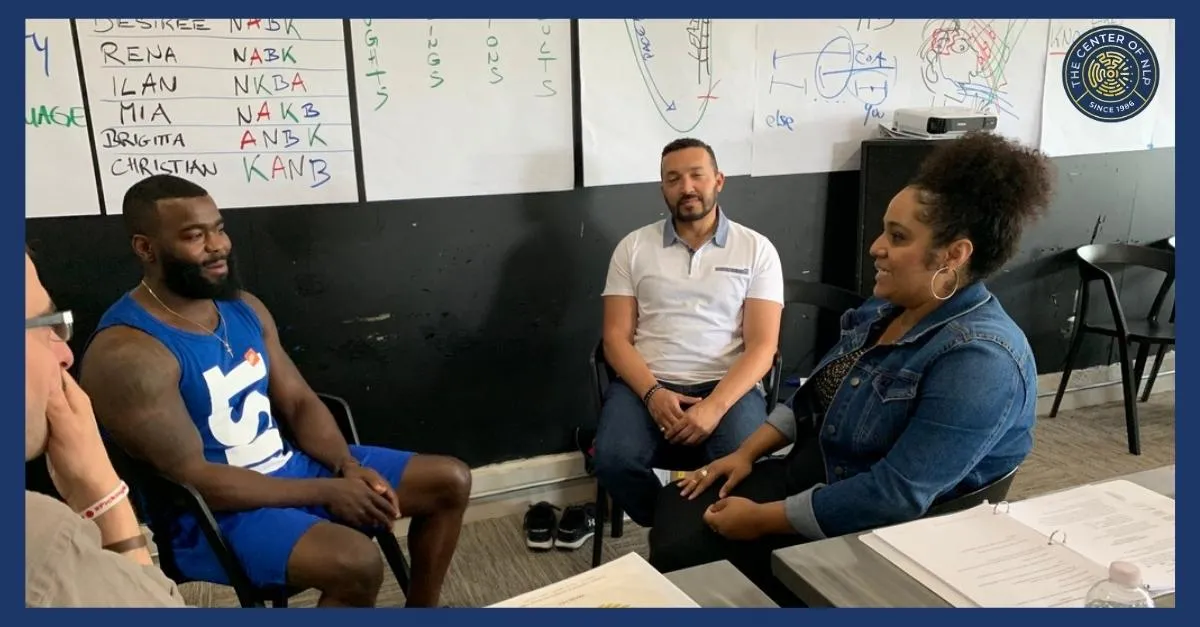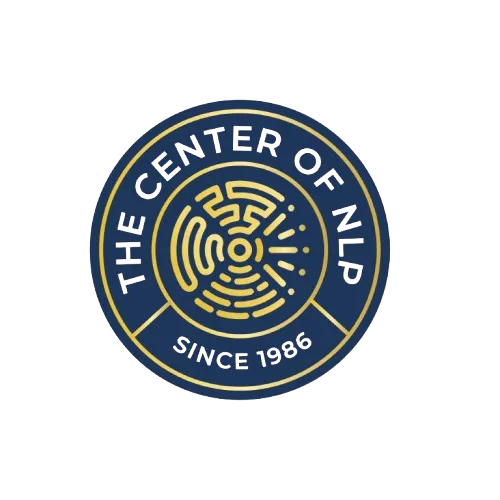
Mastering NLP Techniques for Effective Communication
Introduction
In a world where effective communication is paramount, mastering the art of Neuro-Linguistic Programming (NLP) techniques can be your key to success. Whether you're navigating personal relationships or striving for professional excellence, understanding NLP can transform your communication skills. In this blog post, we'll explore the benefits of delving into the world of NLP, its core principles, and practical techniques that can enhance your communication prowess.
1. Improved Interpersonal Relationships
NLP techniques can help you build deeper connections with people in your personal and professional life. By understanding how individuals process information and communicate, you'll be better equipped to relate to their needs and perspectives, fostering more meaningful relationships.
2. Enhanced Negotiation Skills
Effective negotiation is vital in various aspects of life, from business deals to resolving conflicts. NLP provides tools and strategies to master the art of persuasion and influence, making you a more persuasive and successful negotiator.
3. Increased Self-Awareness and Self-Confidence
NLP is not only about understanding others; it's also about understanding yourself. By exploring NLP, you'll gain insights into your own thinking patterns and behavior, leading to increased self-awareness and self-confidence.
Understanding NLP
To fully appreciate the power of NLP techniques, it's essential to grasp the fundamentals of Neuro-Linguistic Programming.
NLP is a psychological approach that examines the connections between neurology (the mind), language (both verbal and non-verbal), and programming (behavioral patterns). It's based on the premise that by understanding and manipulating these connections, individuals can achieve personal and professional transformation.
The History and Key Principles of NLP
Neuro-Linguistic Programming was developed in the 1970s by Richard Bandler and John Grinder. They observed and modeled the communication patterns of successful therapists, such as Fritz Perls and Virginia Satir, and created a framework that could be applied to various fields beyond therapy.
The core principles of NLP include:
1. The Map is Not the Territory: This principle emphasizes that our perception of reality is subjective and unique to each individual. Understanding this helps in avoiding misunderstandings and conflicts in communication.
2. Rapport Building: Building rapport, or a deep connection with others, is a cornerstone of effective communication. NLP provides techniques for establishing rapport quickly and authentically.
3. Sensory Acuity: NLP encourages heightened sensory perception to better understand verbal and non-verbal cues. Being attuned to these cues allows for more effective communication.
4. Outcome-Oriented: NLP encourages individuals to define clear outcomes for their communication, helping them stay focused and achieve their goals.
5. Flexibility: NLP promotes adaptability in communication. Adjusting your communication style to suit different situations and individuals is a key aspect of NLP.
NLP Techniques for Effective Communication
Now that we have a foundational understanding of NLP, let's explore some practical techniques that can significantly enhance your communication skills.
A. Rapport Building
Building rapport is about establishing a deep connection with others. NLP offers several techniques to achieve this:
Mirroring and Matching: This involves subtly mimicking the body language, tone of voice, and even language patterns of the person you're communicating with. When done subtly, it creates a sense of familiarity and trust.
Pacing and Leading: Start by pacing the other person's communication style, and then gradually shift to lead the conversation in the desired direction. This technique helps in guiding discussions effectively.
B. Language Patterns
Language is a powerful tool in communication. NLP introduces language patterns that can enhance your ability to persuade and influence others positively:
Presuppositions: These are linguistic assumptions that guide the listener's thoughts. By using presuppositions, you can subtly influence the direction of a conversation.
Meta-Model: This model helps clarify vague or generalized language. It's a valuable tool for uncovering hidden beliefs and assumptions.
C. Anchoring
Anchoring is an NLP technique used to trigger specific emotional states or responses in yourself and others:
Creating Positive Anchors: You can associate a specific gesture, word, or touch with a positive emotional state. When you need to access that state in the future, you can use the anchor to instantly evoke it.
Breaking Negative Anchors: Similarly, NLP provides techniques to break negative emotional anchors, helping you overcome fear, anxiety, or other limiting emotions.
Case Studies
Let's delve into real-world examples that demonstrate the practical application of NLP techniques in communication.
Case Study 1: Sarah's Business Success
Sarah, an entrepreneur, credits her business success to NLP techniques. She used rapport-building techniques to connect with clients on a personal level, fostering trust and loyalty. By mastering language patterns, she effectively persuaded investors and partners to support her venture. Sarah's story showcases how NLP can transform not only communication but also one's professional trajectory.
Case Study 2: James' Personal Transformation
James struggled with public speaking and lacked self-confidence. Through NLP, he learned to break the negative emotional anchors associated with public speaking. He also adopted language patterns to convey his ideas more persuasively. As a result, James not only conquered his fear of public speaking but also became a confident and influential communicator in his workplace.
Tips for Implementing NLP Techniques
Now that you're equipped with an understanding of NLP techniques, here are some tips for effectively implementing them in your daily communication:
1. Practice Consistently: Mastery of NLP techniques requires consistent practice. Set aside time each day to work on your rapport-building, language patterns, and anchoring skills.
2. Seek Feedback: Ask for feedback from friends, colleagues, or mentors. They can provide valuable insights into how your communication style is evolving.
3. Customize Your Approach: Tailor your NLP techniques to suit different situations and individuals. What works in one scenario may not be as effective in another.
4. Be Ethical: While NLP techniques are powerful, it's essential to use them ethically. Respect others' boundaries and never manipulate or deceive.
Conclusion
In a society where communication is the cornerstone of success, NLP techniques offer a potent toolkit for personal and professional transformation. Understanding the core principles of NLP, such as building rapport, mastering language patterns, and utilizing anchoring, can empower you to become a more effective and influential communicator.
By reading this blog, you've taken the first step toward enhancing your communication skills. The benefits extend far beyond words; they encompass improved relationships, enhanced negotiation abilities, and increased self-awareness and self-confidence.
So, are you ready to embark on your journey to becoming a masterful communicator? With NLP techniques in your arsenal, the power to transform your communication lies within your grasp. Start practicing, keep learning, and watch as your communication skills soar to new heights.
Call to Action
If you've found this blog post insightful or have questions about NLP techniques, we invite you to share your thoughts in the comments below. Your engagement can spark meaningful discussions and provide further insights into the world of NLP. Additionally, consider subscribing to stay updated on future articles that can help you on your communication journey.
Check Out For more:

